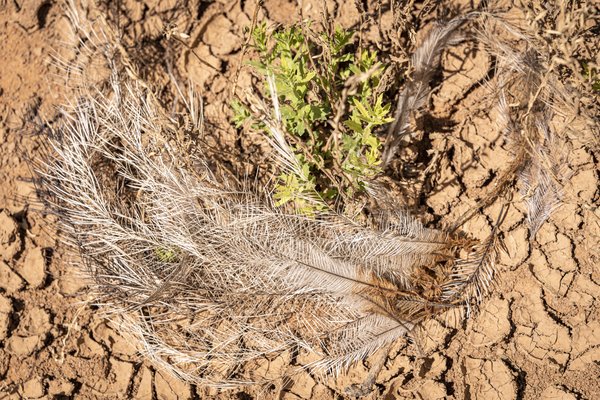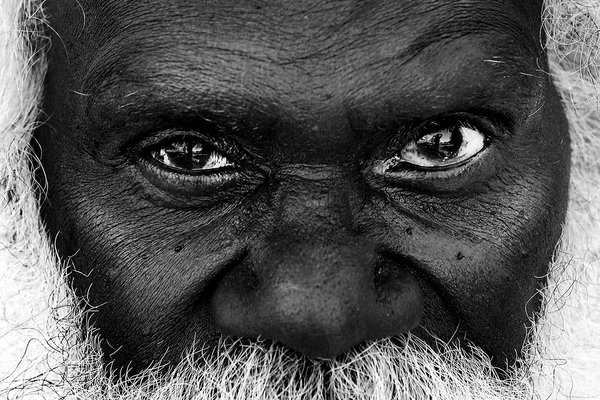baya-ngara: read/speak knowledge

© Australian Museum
Native Legends is considered the earliest published piece of writing by an Aboriginal author.
This significant book was written by Ngarrindjeri scientist, writer and inventor David Unaipon, and is considered the earliest published piece of writing by an Aboriginal author. The book explores Ngarrindjeri traditions and stories. It represents one of the first opportunities for an Aboriginal person to communicate their culture from their perspective, in their own voice, to a wide audience. And to not just tell their ancestral stories but to explain the philosophies behind them to demonstrate the complexity of Ngarrindjeri epistemology.
Unaipon went on to continue his writings on Ngarrindjeri spirituality and stories. He also started to research the spirituality and stories of different Aboriginal nations around Australia. His research culminated in the manuscript, Native Legends, which was bought by William Ramsay Smith, FRS, an anthropologist and Chief Medical Officer of South Australia, who published it with the title Myths and Legends of the Australian Aboriginals – and credited himself as the author. Smith made no acknowledgment of Unaipon's role in collecting and writing the stories, although there is one reference in the book to an unnamed “narrator”.
Smith also systematically removed Unaipon’s interpretations and narrative voice from the text. In 2001, three quarters of a century after the book was published, the authorship of the book was rectified and the book was republished under its original title, with Unaipon correctly credited as the author.
As for Native Legends, the book was an attempt to strive for what in recent times the Australian Museum has sought to do: to tell Aboriginal stories from an Aboriginal perspective and have Aboriginal people control the narrative that surrounds their culture. The book is also part of Australian history and part of the personal history of Unaipon, the man on the $50 bill.
This book was identified as part of a project to make the Aboriginal and Torres Strait Islander cultural information in the AM Library more accessible, which was made possible by the AM Foundation. To find more duwabili-dya ngara (hidden knowledge), search the AM Library catalogue or contact the AM library.










